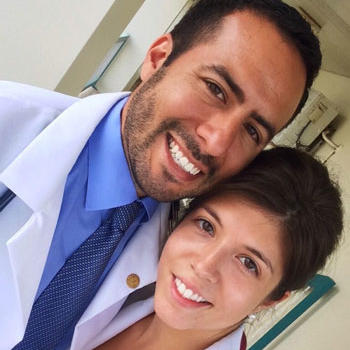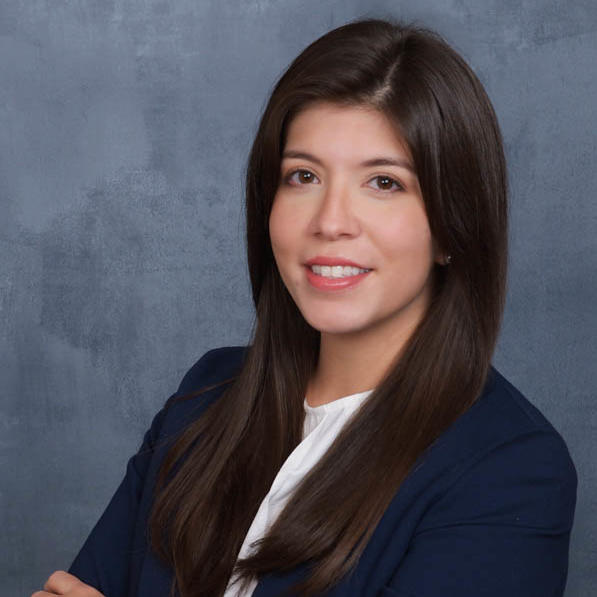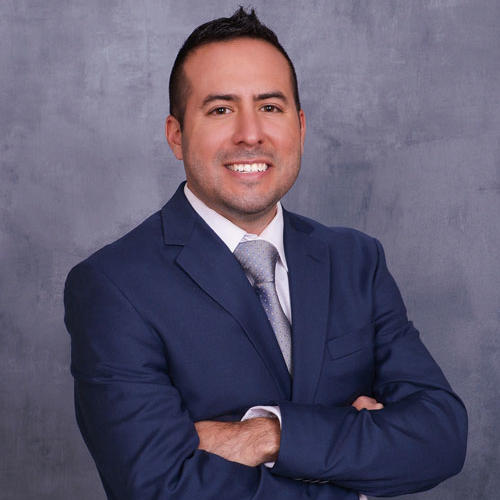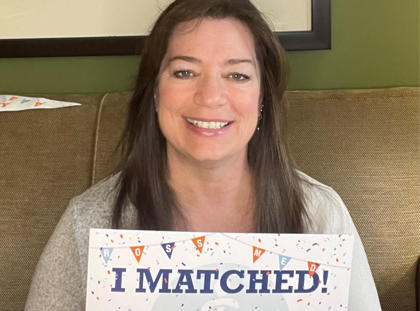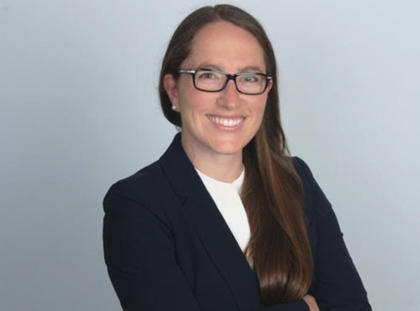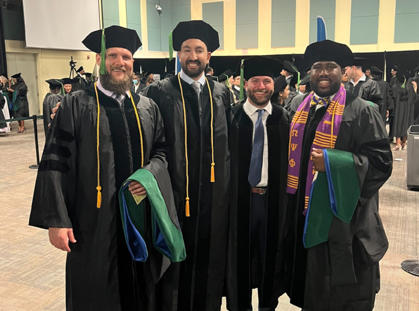Medical students are trained to listen, observe and care for patients. Many say ‘healing others’ has been their calling from a young age. But what about those who begin the act of caring before they officially enter the hospital walls — who need to double the number of residency applications because it’s not just about them? Say hello to the Ross University School of Medicine (RUSM) MATCH process for couples.
Alumni Drs. Amy and Christian Leurinda graduated last May and entered the 2021 National Resident Matching Program® (The MATCH℠) with their sights set on family medicine and internal medicine, respectfully.
“We are going with the flow,” the couple said about how they’ve adapted to the nerve-racking process that began last fall and culminates March 19. While many may worry about how many interviews they receive, Amy and Christian are focusing more on positivity than numbers. “There is a fair amount of mental preparation that goes into interviewing with programs and your attitude has a big impact on that,” Christian said.
Ins and Outs of Remote Interviews
While the switch to virtual interviews due to the pandemic is not ideal, the duo is thankful for the time and cost savings. To compensate for missed personal connections and real-time hospital visits, Christian has been asking residents to share a memory from their interview day or when they knew the program was the right fit.
Before an interview is conducted, a program coordinator usually sends information about the residency program and an itinerary, which may include a casual ‘meet and greet’ with residents the night before. The interview day typically consists of a larger meeting that introduces core people involved in the process before heading into one-on-one interviews. Interview preparation is the key to success.
“I study the program’s website and take notes,” Amy explained. “I also read the bio for each person who will be interviewing me so I can find common interests that we share. I then write down three to four possible questions that I can ask each person. I have had some interviews where they ask me ‘what questions do you have?’ for the entire interview, so I like to be prepared.”
Practice Makes Perfect
Likewise, Christian researches all publicly available information. Working as an RUSM Medical Simulation Teaching Assistant, he feels confident conducting interviews virtually, thanks to mock interviews with RUSM advisors and faculty. But he also understands how they might impact others. “If you are uncomfortable talking with someone in an interview setting in person, the result of that can be heightened virtually. There are a few less body and social cues to help find your footing in the virtual format. But like anything, it is something you can practice.”
The couple that enjoys outdoor activities each submitted about 160 applications, hoping to land many overlapping options. Amy chose family medicine because of its comprehensiveness and continuity of care while Christian landed on internal medicine because of his long-term interest and desire to bridge to sub-specialties. They applied to university and university-affiliated programs that focused on training, with location secondary, though they’re not opposed to landing in either Minnesota or Florida near their childhood locations. “We didn’t want to apply to every program available but figuring out how to pare down the list was challenging,” Christian admitted.
Time-Consuming but Beneficial Research
Using website data from RUSM, sister institution American University of the Caribbean School of Medicine (AUC) and others, Amy and Christian researched programs that accepted Caribbean students in the last five years. They then searched residency databases to find programs that accepted more than 5% of international medical graduates, followed by programs for both family medicine and internal medicine, listed by state. “We spent a lot of time using Google maps and color coding our list by the program’s proximity to each other,” Amy explained. “In the end, it was totally worth the time we spent.”
Before RUSM, Amy worked as a personal care assistant and researcher, and quickly determined medicine was her destiny. Christian has long admired the work of his mother, a family physician he described as strong and dedicated to her family as well as her patients. “I identify most with her perseverance and her gift of healing. I am inspired by her ease in coupling her analytical expertise and that warmth and compassion that people truly appreciate.”
Reflecting on his own aspirations, Christian said, “We all feel a sense of peace when we are truly heard and acknowledged and valued — regardless of the topic or circumstance. That is what I hope to bring as a doctor.”
To Amy, Christian and all 2021 MATCH students, we support your journey and look forward to celebrating your achievement.
Road to Residency Library
If you have a topic you’d like to learn more about, please share your feedback with us.

